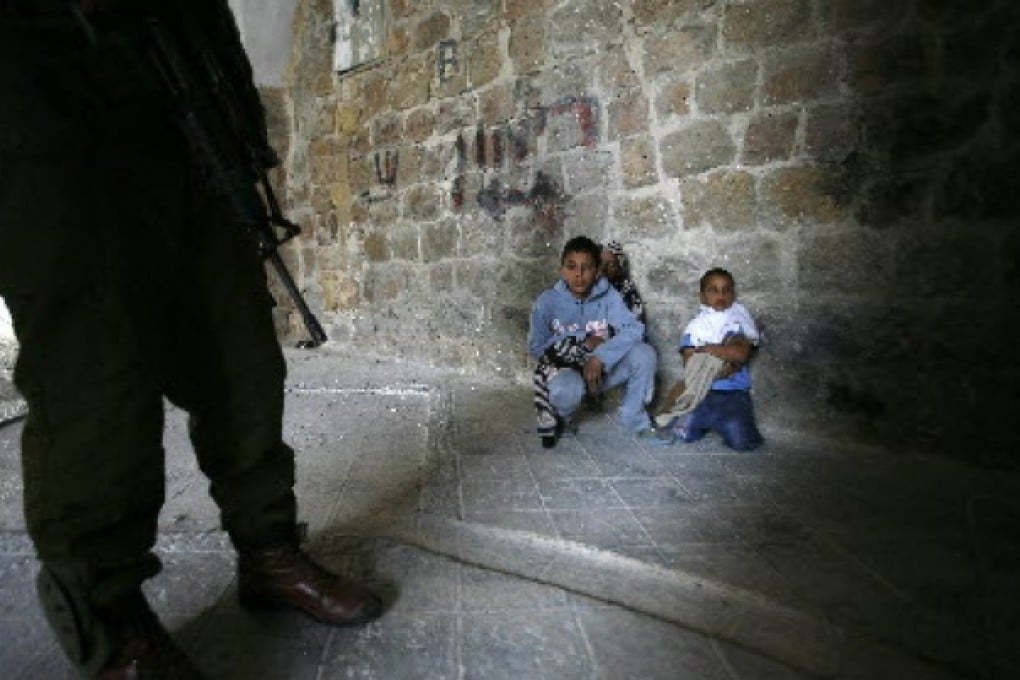
General Haggai Mordechai may not believe there will be a third Palestinian intifada, but this former commander of Israeli troops in the West Bank says the security situation remains “fragile”.
“We are keeping our finger on the pulse,” he said.
“Despite the relative calm, the army is ready for any scenario. A deterioration is possible from one day to the next,” he warned just days before a Jewish settler was stabbed to death on Tuesday by a knife-wielding Palestinian in the northern West Bank.
Mordechai, who stepped down from his post on April 1 to take over as head of the military’s ground staff, says he believes the calm is partly due to “a larger military presence on the ground”, although he does not give numbers.
To further back up his claim, the general, who has spent most of his military career in the West Bank, points to statistics showing that there have been only 24 shooting attacks targeting Israeli soldiers and civilians in the past two years.
That is down from 3,308 in 2001 at the height of the second intifada, or Palestinian uprising (2000-2005).